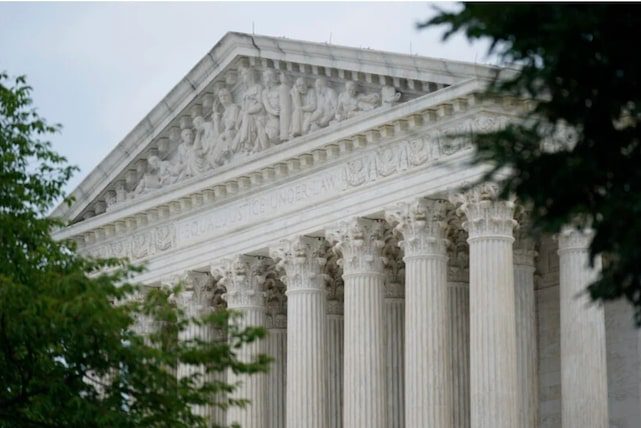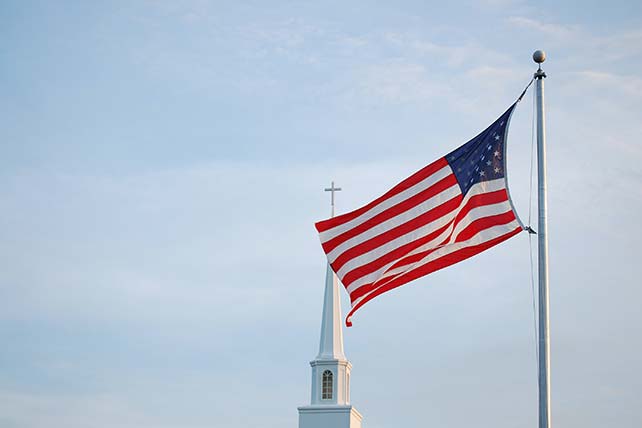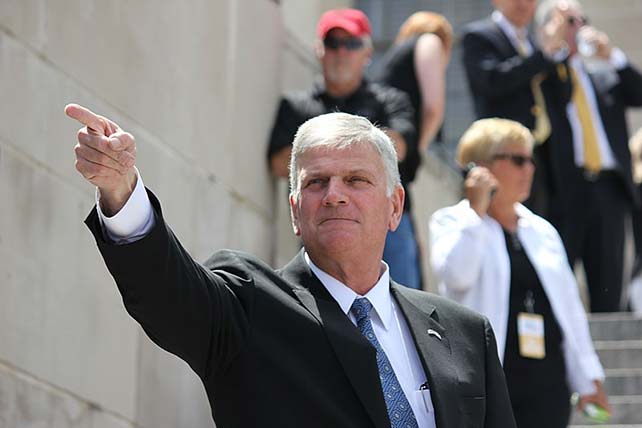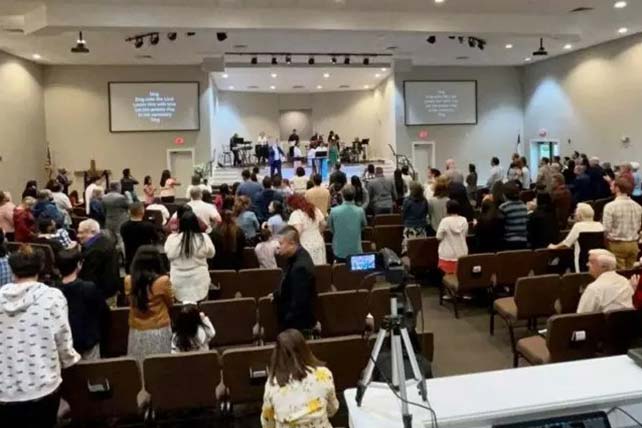Attending a funeral for a friend is hard. What to say at a funeral is even harder.
This weekend I received an email from a man in our church who was flying to Minneapolis this coming week. He planned to get together with his friend while he was in town, but the man died over the weekend. Now instead of sharing a meal together, he will be sharing at his funeral.
He wrote an email to one of our men’s groups that I was copied on, asking for prayer. In the middle of his email, he wrote:
- I can hold it together.
- I deliver a strong supportive message to the family and those in attendance.
- I make God known.
Additionally, if you have any “talking points” or suggestions for what to say at a funeral I would appreciate it. Obviously, I will have personal stories of my friends, but I also want to incorporate a number of points such as
- Death is an event, not a destination.
- His end here on earth is the beginning of an eternity in the presence of our God.
- Finding comfort in God.
- Many of God’s blessings—all through our lives—are delivered in our circumstances, events and most importantly in the people that he places in our life… So is the blessing of my friend.
(These and other points certainly will be “polished” before the service…)
I don’t want this to be just a talk of “stories about my friend”…I want this to be a message, and an opportunity, that makes God known.
I thought what he wrote was solid. I firmly believe (and have preached) that for the believer, physical death is just an event. It is a pass through. We’ve already been given “life” and life abundantly in Christ. Life starts before our physical death and is only the fuller realization of it on the other side.
RELATED: SERMONS FOR FUNERALS
Also, his heart to Make God Known should be the goal of every Christian when speaking or sharing at a funeral. Remembering a life lived by a person is the ideal opportunity to prick the conscience of every man as we strive to answer why we live at all.
Over the last decade and a half, I have preached at dozens of funerals. Whether the person is saved or unsaved, an adult or child, a sudden death or the end of prolonged suffering, I strive to make God known in whatever I share. Some families and funerals make this easier than others, but the goal never changes.
























